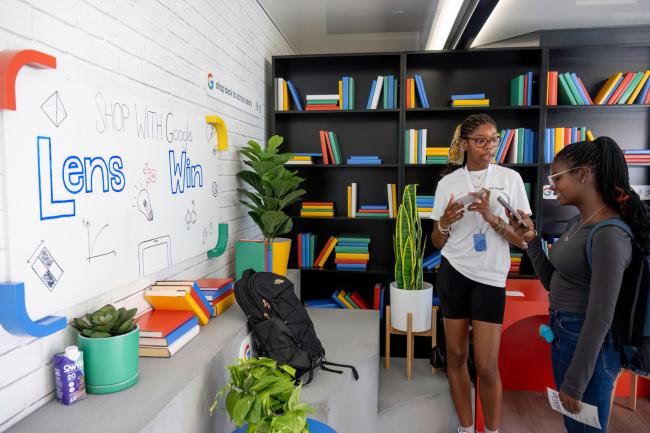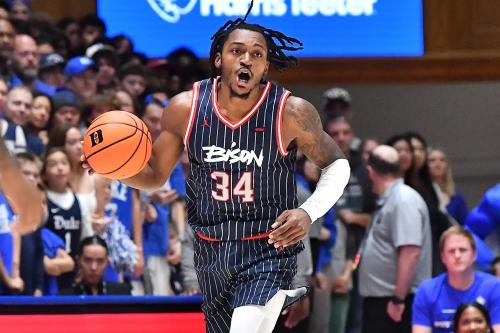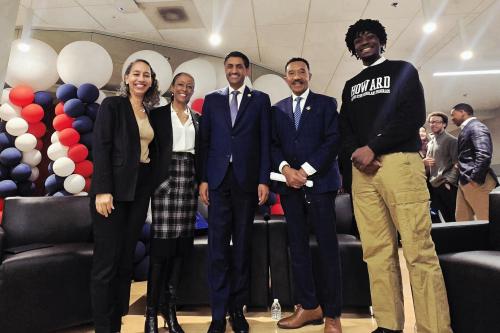Outside of Cramton Auditorium on a crisp Monday morning, Google hosted an immersive event showing students how to interact with Google Lens, an app that makes learning and shopping as easy as snapping a photo.
Using a mobile shop to provide a step-by-step demonstration, the event showcased the app’s potential use in everyday web searches.
Gone are the archaic days of finding information using your cell phone that you must stop, speak into your phone’s search engine app, or type in search terms yourself. Howard students are learning how to embrace next generation technology powered by machine learning and augmented reality to make their online research more efficient.
Google lens uses artificial intelligence to link an image captured by a cell phone with information related to similar images across the web, providing the user with instantaneous, highly relevant content based on what they see. It can also translate signage, menus, and other printed texts into multiple languages through a single photo. Students who need math help can snap a picture of an equation they have questions about and get immediate assistance in solving it.
The app also has utility beyond purely intellectual pursuits.
“People use it for fashion too. If I take a picture of your top, Google will find the same one,” said Tiffany Sawczeko, the tour manager of the Google Lens experience. “Students say they use this to identify different plants and fruits too.”
Students Demo Google Lens
With a quick search, the app makes shopping more accessible for those who access online inventories instead of going to brick-and-mortar stores. Google Lens also provides a variety of pricing options for products.
Students completed a test run of the Google Lens’ user experience in an immersive exercise of the app’s image recognition technology. During the demonstration, students were asked to identify the name and cost of the item, its brand, and the product’s retailer and resellers. In the mobile marketing trailer, students could search “shop cute duvet,” or “shop away luggage” to emulate the experience of narrowing down items via Google Lens.

Alumna Naima Bryant (B.S. ’02) worked with Google to produce the activation event, describing campuses as an inclusive hub of consumers. Bryant graduated with a marketing degree in 2002.
“We’re bringing in new, innovative technologies, particularly bringing awareness around services you may not be privy to,” said Bryant. “College students are here to be in the know of the next big thing.”







